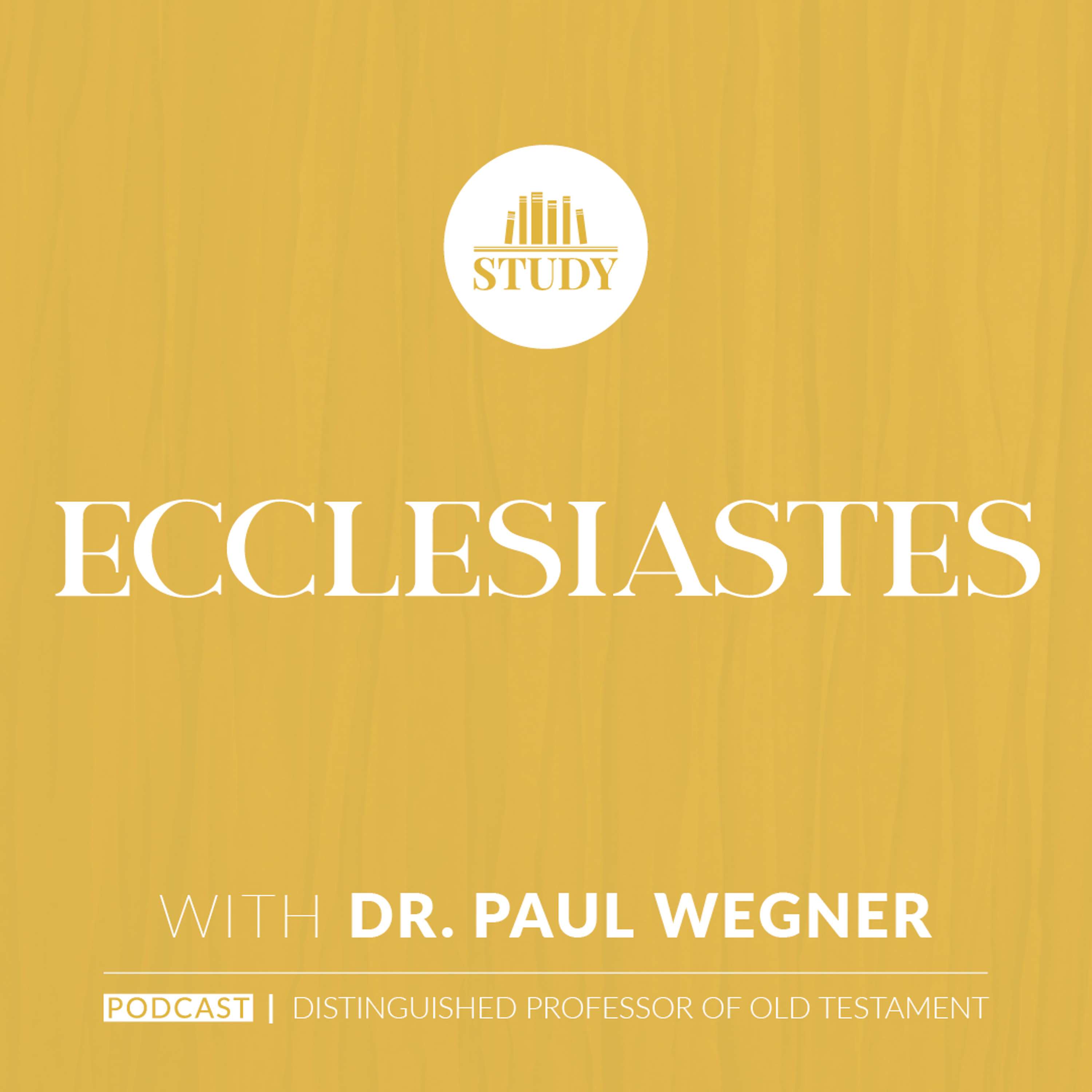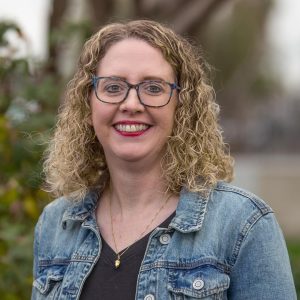An effective way to approach Bible study is to teach within the context of the unknown. This may seem like a strange statement, but it can be a simple approach.
A number of years ago, notable child development theorist, Jean Piaget, explained a learning theory he called, “cognitive disequilibrium.” Cognitive disequilibrium is a state of imbalance. “We experience such a state of imbalance when encountering information that requires us to develop new schema or modify existing schema.”1 New information—especially information that doesn’t fit the way we normally think—produces discomfort. We naturally seek to make adjustments quickly to return to a state of equilibrium.
In Bible study, a word we never noticed before, an unfamiliar tone in a passage, or an odd aspect to a familiar passage stretches our existing “schema” (patterns of thinking). We naturally focus our mental energy on adapting the schema or, if needs be, developing a new way of thinking.
As you prepare to teach this week, read the passage multiple times. Make notes of interesting words or concepts. Look for elements of the text that might introduce cognitive disequilibrium. Your learners may be familiar with the passage, but what are those phrases, tones, or implications in a passage of scripture the students have never noticed, paid attention to, or thought about before? (If you have never thought about them, it is likely your class members haven’t either.) Research the meaning of these concepts in commentaries and teaching aids. And prepare for rich discussion.
Our goal in teaching is to see learners experience spiritual transformation. Spiritual transformation is “God’s work of changing a person into the likeness of Jesus by creating a new identity in Christ and by empowering a lifelong relationship that is based on love, trust, and obedience to the glory of God.” Of course, spiritual transformation is God’s work. He is the One responsible for conviction. But the Spirit often works in the life of a believer when they face cognitive disequilibrium.
God told Jeremiah, “Call to me and I will answer you and tell you great and unsearchable things you do not know” (Jeremiah 33:3). Allow the Spirit to bring the cognitive disequilibrium to your teaching. Then help your class align their lives with a deeper understanding of Scripture.
1 Kibler J. (2011) Cognitive Disequilibrium. In: Goldstein S., Naglieri J.A. (eds) Encyclopedia of Child Behavior and Development. Springer, Boston, MA.
Read More

Excerpt — Towards a Clearer Understanding of Jonathan Edwards’s Biblical Typology: A Case Study in the ‘Blank Bible’
Dr. Cameron Schweitzer provides new insights into Jonathan Edwards’s often mischaracterized typology.

Seeing the Unseen
CSBC Women’s Ministry Director Cathie Smith shares how the church can serve the marginalized in its community.
Listen
Wisdom Books | Ecclesiastes
A common misconception about the book of Ecclesiastes is that it is very pessimistic. In actual fact, there is great comfort throughout the book that while life without God is meaningless, there is great satisfaction found when we cling to the Lord, and only to Him.

Ministering in Finland
Mikko Sivonen, Academic Dean of the Agricola Theological Seminary in Finland, joins Dr. Hopkins to discuss working as a missionary in a place where people are predominantly a different denomination than you. You can learn more about Mikko’s work here www.agricolasemin

Watch

Jonathan Edwards and the Asbury Revival
Chris Chun and Chris Woznicki discuss the signs of true revival, signs of the work of the Holy Spirit, and why it is important to critically assess the characteristics of revival in a spirit of charity.

Jonathan Edwards and the Baptists | Douglas Sweeney, Nathan Finn and Chris Chun
Dr. Douglas Sweeney and Dr. Nathan Finn joined Dr. Chris Chun for a panel discussion on Jonathan Edwards, recorded live at the SBC Annual Meeting in Anaheim.




